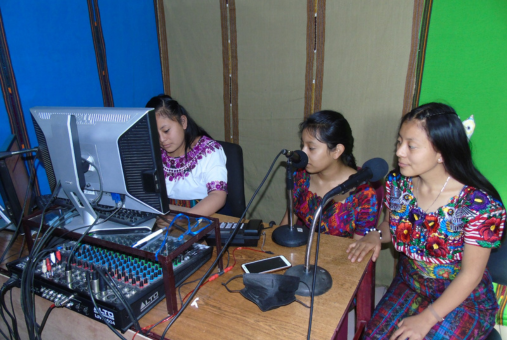
A new report says community media — mostly Indigenous — face harassment and censorship for exposing abuses by transnational corporations, even after a landmark court ruling ordered their protection.
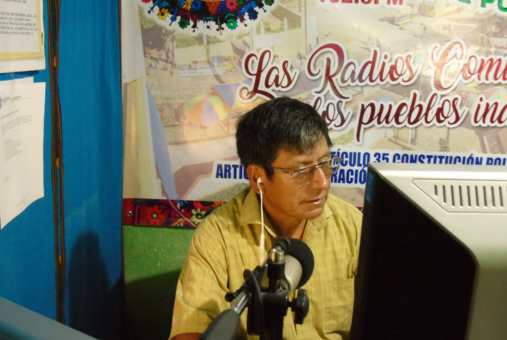
Community broadcasters in Guatemala, El Salvador, and Honduras face repression, economic hardship, and lack access to radio frequencies. They’re seeking help from the Inter-American Commission on Human Rights.
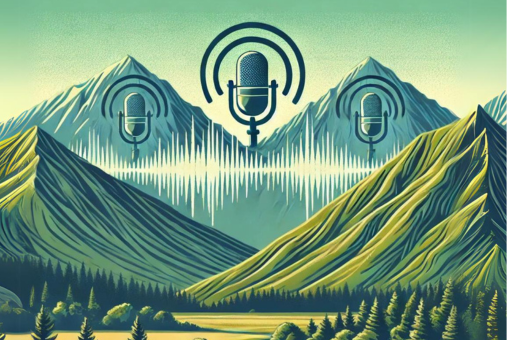
The creators behind Periodismo de lo posible are rethinking what it means to have an impact with journalism, looking beyond clicks and efforts to go viral.
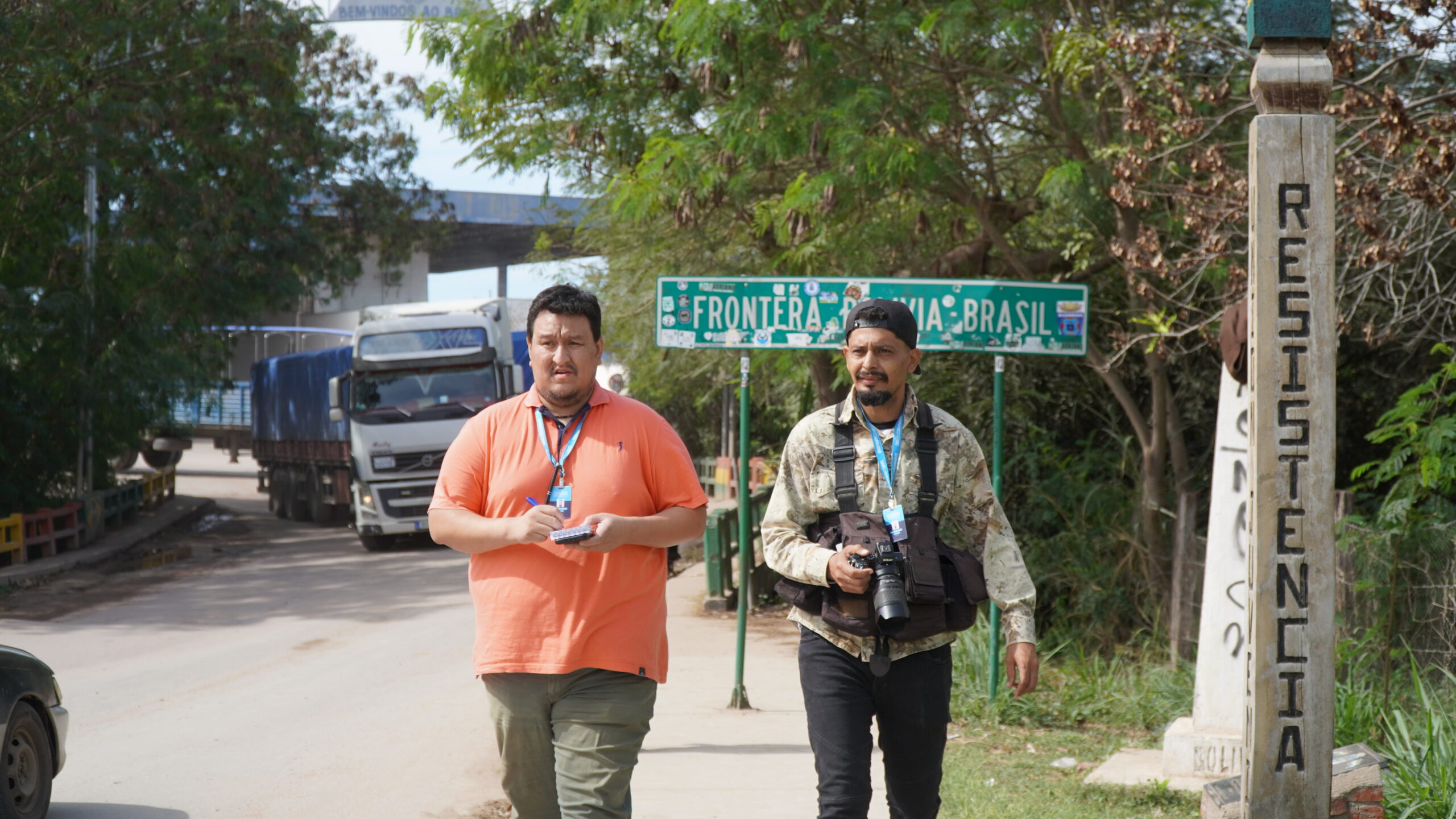
Journalists from Bolivia and Brazil talk about their collaboration while covering drug trafficking and migration on the border between the two countries. LJR also interviewed Diário Corumbaense from the Brazilian border city of Corumbá to report on the news service it provides to the inhabitants of its local community.
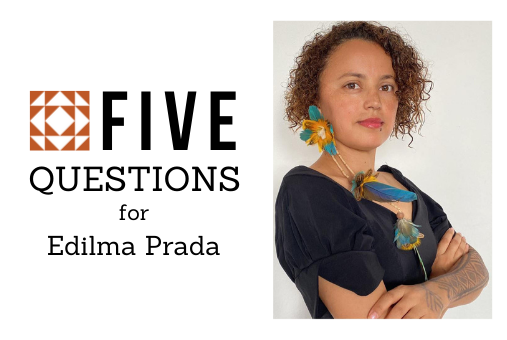
Edilma Prada, a Colombian journalist who’s the founder and managing editor of Agenda Propia, participated in the "5 questions for" section of LatAm Journalism Review (LJR). She talked about her news outlet’s achievements, the situation of press freedom in Colombia for Indigenous journalists, and the need for Colombian journalists not to forget to also cover peacetime stories.

The Colombian Foundation for Press Freedom decided that the problem of the country's news deserts should be addressed more directly. And to try to solve it, it created a media outlet and mobile journalism lab so that people from different municipalities can create and disseminate local information.
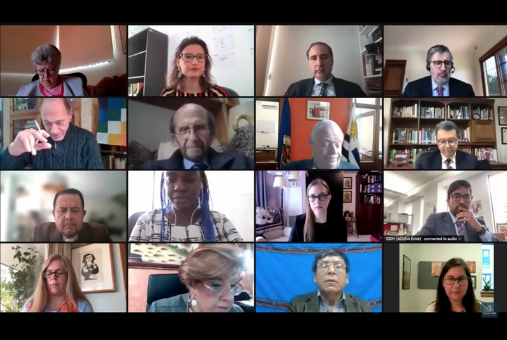
Two important cases for freedom of expression on the continent were heard during the most recent Period of Sessions of the Inter-American Court of Human Rights (I/A Court HR) that ended on June 25: one about community radios in Guatemala, and the other about of case of the newspaper El Universo in Ecuador.

With the pandemic, indigenous media have gotten information about the disease to isolated communities, with little or no access to the internet.
The Iberian American Digital Journalism Colloquium, which emerged over the years as an informal post-ISOJ (International Symposium of Online Journalism) conversation among journalists from Latin America, Spain and Portugal attending the symposium, convened an interesting group of innovative journalists for its eleventh edition. Those in attendance shared their experiences and projects at the School of Journalism at the Moody School of Communication at the University of Texas, Austin, on April 15.
While Latin American community radios have received greater recognition in their countries since the mid-2000s, they remain limited and discriminated against in practice and by law.
At the 15th Session of the Permanent Forum on Indigenous Issues at the United Nations, Anselmo Xunic, president of Asociación Sobrevivencia Cultural in Guatemala, asked the forum to recognize the new Caucus on Alternative Information and Communication of Indigenous Peoples.
Activists and media workers in Guatemala fighting for the passage of a bill to protect the existence of community radio stations in the country are facing resistance from a media broadcasting association.